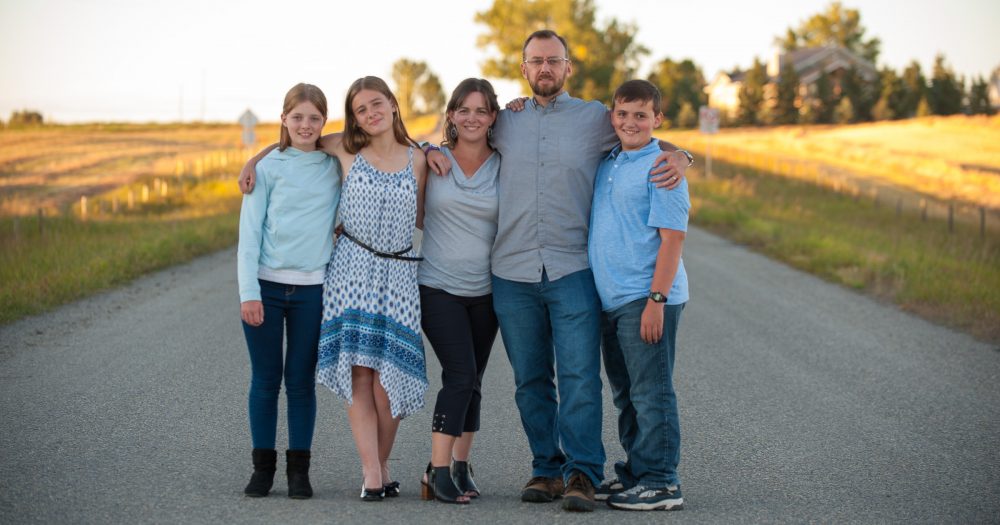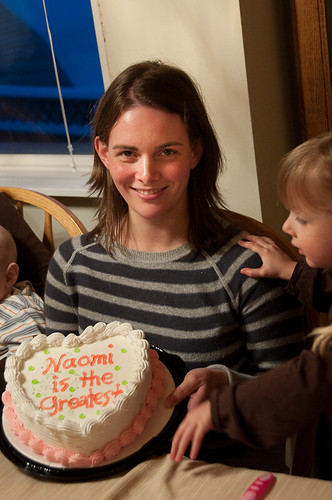Two recent stories about religion have shown up on a prominent internet news site in the last few days. One is a statement of the current trends of the fading influence of Christianity, the second is a prediction of future fading of evangelical Christianity in particular.
More Americans say they have no religion
http://www.google.com/hostednews/ap/article/ALeqM5iYmd8ToiQxh6WjqwGAnsk4qJ1QRQD96Q9FE00
A wide-ranging study on American religious life found that the Roman Catholic population has been shifting out of the Northeast to the Southwest, the percentage of Christians in the nation has declined and more people say they have no religion at all.
Fifteen percent of respondents said they had no religion, an increase from 14.2 percent in 2001 and 8.2 percent in 1990, according to the American Religious Identification Survey.
….
In 2008, Christians comprised 76 percent of U.S. adults, compared to about 77 percent in 2001 and about 86 percent in 1990. Researchers said the dwindling ranks of mainline Protestants, including Methodists, Lutherans and Episcopalians, largely explains the shift. Over the last seven years, mainline Protestants dropped from just over 17 percent to 12.9 percent of the population. …
The current survey, being released Monday, found traditional organized religion playing less of a role in many lives. Thirty percent of married couples did not have a religious wedding ceremony and 27 percent of respondents said they did not want a religious funeral.
About 12 percent of Americans believe in a higher power but not the personal God at the core of monotheistic faiths. And, since 1990, a slightly greater share of respondents — 1.2 percent — said they were part of new religious movements, including Scientology, Wicca and Santeria.
The study also found signs of a growing influence of churches that either don’t belong to a denomination or play down their membership in a religious group.
Respondents who called themselves “non-denominational Christian” grew from 0.1 percent in 1990 to 3.5 percent last year. Congregations that most often use the term are megachurches considered “seeker sensitive.” They use rock style music and less structured prayer to attract people who don’t usually attend church. Researchers also found a small increase in those who prefer being called evangelical or born-again, rather than claim membership in a denomination.
Evangelical or born-again Americans make up 34 percent of all American adults and 45 percent of all Christians and Catholics, the study found. Researchers found that 18 percent of Catholics consider themselves born-again or evangelical, and nearly 39 percent of mainline Protestants prefer those labels. Many mainline Protestant groups are riven by conflict over how they should interpret what the Bible says about gay relationships, salvation and other issues.
The percentage of Pentecostals remained mostly steady since 1990 at 3.5 percent, a surprising finding considering the dramatic spread of the tradition worldwide. Pentecostals are known for a spirited form of Christianity that includes speaking in tongues and a belief in modern-day miracles.
…
The study found that the percentage of Americans who identified themselves as Muslim grew to 0.6 percent of the population, while growth in Eastern religions such as Buddhism slightly slowed.
The second article came out later that same day, and offers some predictions about the future of evangelical Christianity:
The coming evangelical collapse
An anti-Christian chapter in Western history is about to begin. But out of the ruins, a new vitality and integrity will rise.
http://www.csmonitor.com/2009/0310/p09s01-coop.html
We are on the verge – within 10 years – of a major collapse of evangelical Christianity. This breakdown will follow the deterioration of the mainline Protestant world and it will fundamentally alter the religious and cultural environment in the West.
Within two generations, evangelicalism will be a house deserted of half its occupants. (Between 25 and 35 percent of Americans today are Evangelicals.) In the “Protestant” 20th century, Evangelicals flourished. But they will soon be living in a very secular and religiously antagonistic 21st century.
This collapse will herald the arrival of an anti-Christian chapter of the post-Christian West. Intolerance of Christianity will rise to levels many of us have not believed possible in our lifetimes, and public policy will become hostile toward evangelical Christianity, seeing it as the opponent of the common good.
Millions of Evangelicals will quit. Thousands of ministries will end. Christian media will be reduced, if not eliminated. Many Christian schools will go into rapid decline. I’m convinced the grace and mission of God will reach to the ends of the earth. But the end of evangelicalism as we know it is close.
This article goes on to offer some reasons as to why this will happen (identifying conservative Christianity with conservative politics, shallow churches and doctrine leaving shallow Christians who don’t know what they believe and can’t communicate the Gospel, etc) and some dire predictions of what will be left of the evangelical movement.
Neither of these stories are particularly surprising. and have been something that many have seen coming, especially here in Canada where we have numerous attacks on religious freedoms in the name of human rights.



